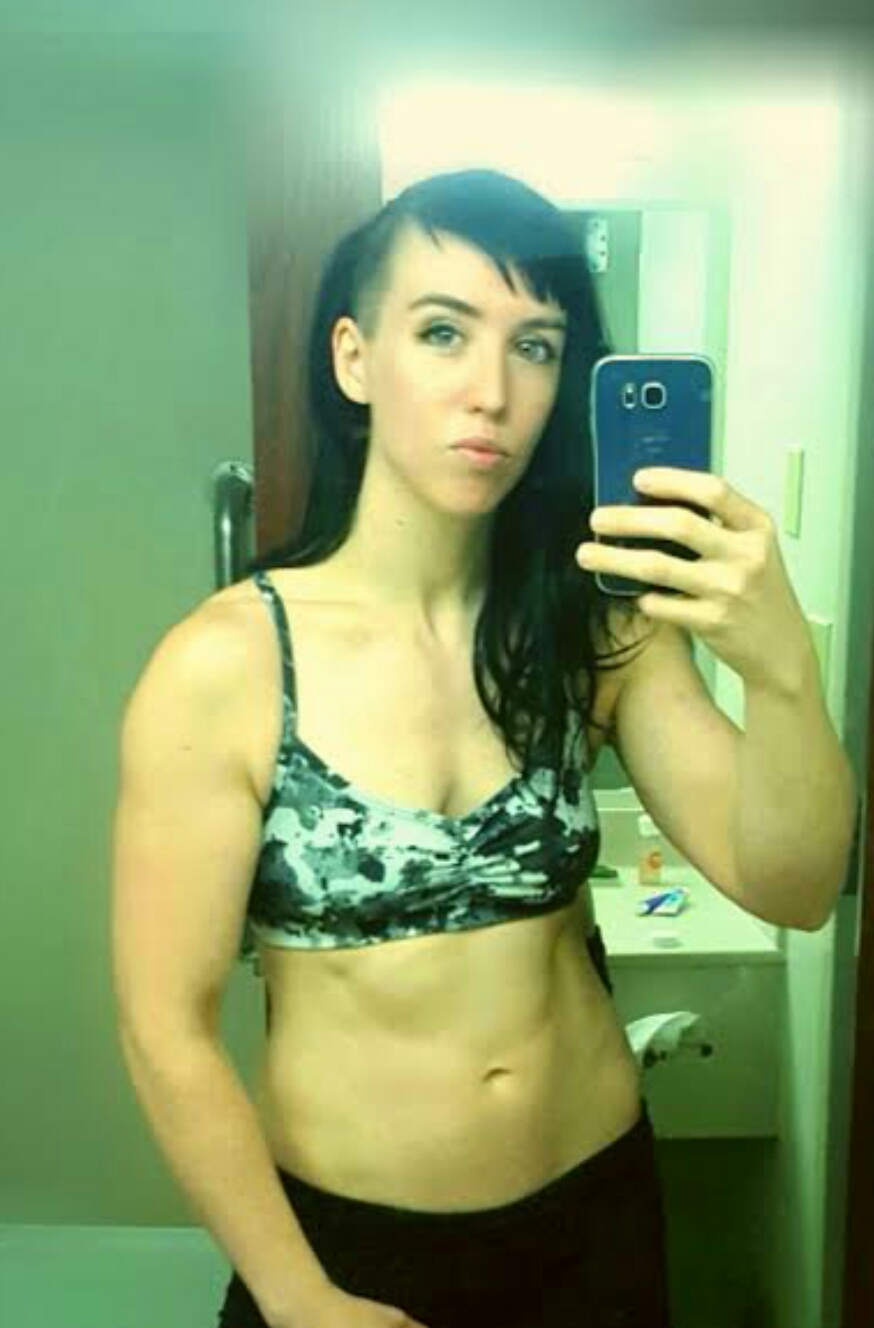You’re bored at work and can’t focus. You just want Susan to wrap up this meeting so you can go train. You open Instagram on your phone. You see a perfectly tanned, oiled, and dehydrated physique competitor posing on stage. Scroll. A yoga pants ad, featuring an incredibly slender and photoshopped model. You take a sip of coffee. Susan drones on.
“I’m such a fatass,” it creeps into your mind before you realize it.
You put your phone down and try to focus, but all you can think about now is how gross you feel in your work clothes, they’re too tight suddenly, and not in a She-Hulk way.
You open Instagram again, it’s almost a reflex at this point. You see your favorite Powerlifter rep your dream 1RM for 8 and they’re barely out of breath. “God, I am so weak.” All it took was a few photos and videos, but suddenly you’re down spiraling into some Grade A self destructive thinking.
It may be time to break up with your Instagram. Or at least take a break.
Social media is awesome. No caveats here, I am 100% on board with how our digital world is becoming a realm of infinite sharing and connection possibilities. It is inarguably a monstrous driving force in the growth of strength sports. It promotes sharing our achievements and participation in those achievements, and as Dr. Katie Hejtmanek suggests, through social media “a wider community and cultural meaning is constructed and maintained.”
But for some (or many) of us, there are occasional pitfalls, and that is our own human tendency to compare ourselves to others, consciously or subconsciously.
Many studies have been conducted showing how different types of social media intake and participation have very real psychological effects. When you say it out loud, of course comparing our everyday lives to the curated highlights of fitness pros is ridiculous. But if you’re following a LOT of really ripped, “goal physique” bodybuilders, abbed-out CrossFit champs, Strongwomen who can bench your 1 RM deadlift, and not much else, the cute puppy pictures might not balance out the inevitable mental comparisons that can happen. We owe it to ourselves to be aware of how our social media intake affects our view of ourselves and our self-esteem.
Not your typical Instagram fare
Many find their way into the strength world as a way of building themselves up and creating a positive self-image that is not necessarily tied to their aesthetics or their strength. Many of us have histories of depression, anxiety, and low-self-esteem (often related to our body image, but not necessarily). When we are having a bad week or month, being inundated with images of what we are not may not necessarily be the healthiest thing for us.
That does not mean we have to become monks to protect our delicate egos. It may just mean uninstalling the Instagram app for a week. It could be just unfollowing certain accounts or hiding users whose content isn’t quite doing it for you. That doesn’t make you weak or stupid or vain. It just means you know when you want certain influences and when you don’t.
Unless I told you, you might not know that I ‘shopped the shit out of this photo: changed lighting, slimmed/softened my face, made eyes bigger, and upped contrast so I look more jacked. If I compared myself to photoshopped me constantly, I might feel pretty bad. So we need to be mindful of subconsciously comparing ourselves to the potentially altered representations of people on ours newsfeed.
Having role models is healthy and motivating. Representation in a sport or hobby of people you relate to can have a positive an incredibly influence in your ability to picture and manifest your own success in that thing. It has been incredibly motivating for me to see powerful MW Strongwomen like Kristal Renaudette (who just won her Middleweight Pro Card at Strongman Corporation Nationals this past weekend, competing as 160 lber) succeed, because as a somewhat lanky lifter, I relate to her and am inspired by her.
But if you have your newsfeed/etc primarily with role model types, you may over saturate yourself with representations of people’s very best days, their biggest accomplishments; many of whom are maybe able to devote much more time to training than you are, or have been doing it much longer. Even if logically we know that they aren’t actually maxing out everyday, our subconscious can run away with unfair comparisons to our own accomplishments.
It’s okay to break up with your Instagram. It’s not going anywhere, and you know where to find it.
Editors note: This article is an op-ed. The views expressed herein are the authors and don’t necessarily reflect the views of BarBend. Claims, assertions, opinions, and quotes have been sourced exclusively by the author.

